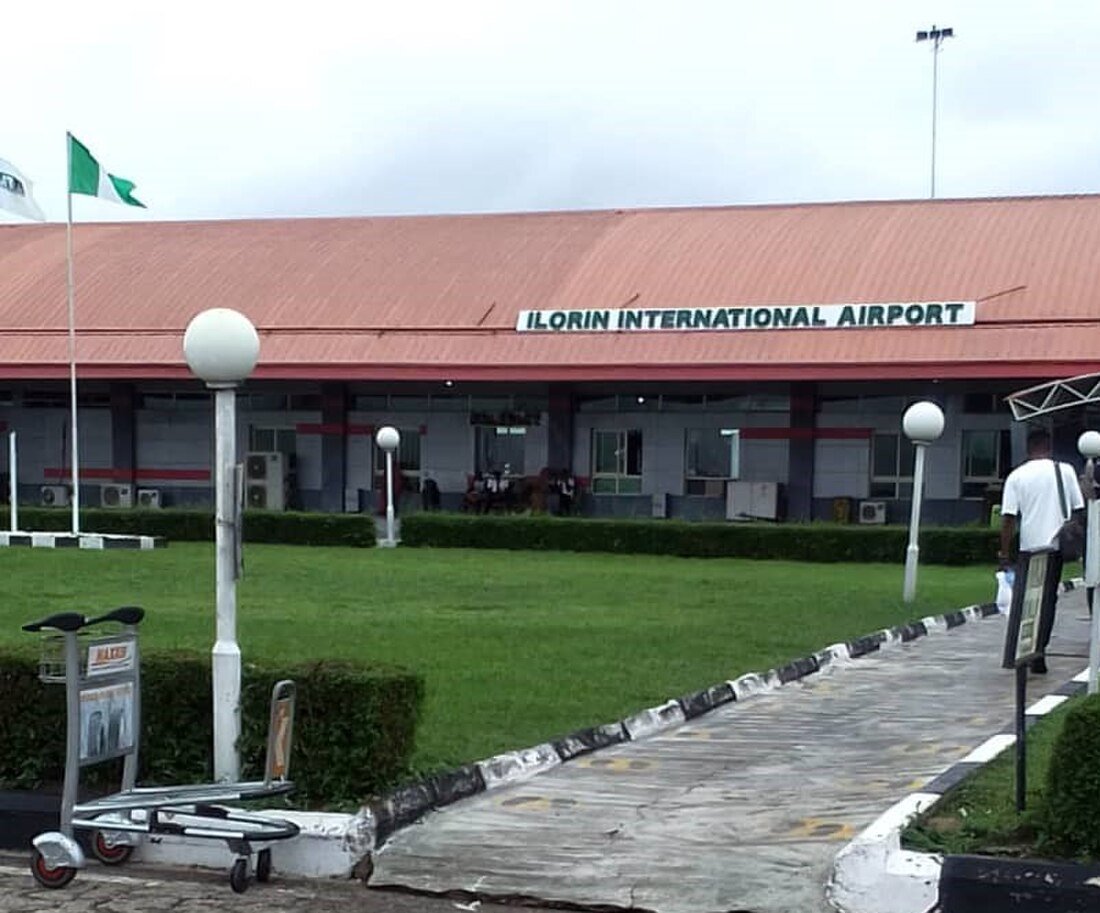This week marks the commencement of the highly anticipated US-Africa Business Summit in Washington, D.C., a gathering that unites influential leaders, entrepreneurs, and policymakers from both continents. As economic engagement between the United States and Africa intensifies, this summit serves as a critical forum to cultivate trade, investment, and innovation collaborations. Below, we explore eight pivotal themes and emerging trends that are expected to shape the trajectory of US-Africa economic relations in the near future.
The summit convenes a diverse group of business leaders, government officials, and investors dedicated to deepening economic integration between the US and African nations. Central to the agenda are discussions on enhancing to unlock Africa’s burgeoning market potential while tackling economic obstacles. Delegates are poised to introduce actionable strategies aimed at streamlining trade policies and reducing regulatory complexities, thereby fostering a more favorable environment for cross-border commerce.
Key focal points include:
| Industry | US Investment Priorities | African Market Opportunities |
|---|---|---|
| Technology | Machine Learning, Digital Finance | Mobile Wallets, Tech Startups |
| Energy | Solar Power, Wind Energy | Electrification Expansion, Grid Modernization |
| Agriculture | Agro-tech Innovations | Supply Chain Optimization |
Africa’s investment landscape is rapidly evolving, propelled by a growing middle class and accelerated digital adoption. The are at the forefront, disrupting conventional markets with innovations in mobile payments, blockchain applications, and digital banking services. Concurrently, projects are gaining momentum as governments and private investors prioritize sustainable solutions to meet surging electricity demands, particularly through solar and wind power developments that offer both economic returns and environmental benefits.
Additional sectors presenting significant growth potential include:
| Sector | Growth Catalyst | Investment Areas |
|---|---|---|
| Technology | Widespread Digital Adoption | Fintech, Online Marketplaces |
| Renewable Energy | Commitments to Climate Action | Solar Farms, Wind Projects |
| Agribusiness | Food Security Initiatives | Processing Facilities, Distribution |
| Healthcare | Demographic Expansion | Pharmaceutical Manufacturing, Clinics |
Policy reform is a cornerstone of the summit’s agenda, with stakeholders focusing on creating a more efficient and transparent business climate across African markets. Discussions emphasize simplifying customs procedures and cutting red tape to facilitate smoother cross-border trade and attract foreign direct investment. Critical regulatory areas under review include data privacy legislation and intellectual property protections, both vital for nurturing innovation and securing digital commerce.
Commitments to enhance governance, enforce transparency, and strengthen legal frameworks are also under scrutiny, as these measures are essential to reduce investment risks and promote fair competition. Early dialogues indicate a concerted effort to harmonize tax policies, aiming to balance revenue generation with incentives that support startup ecosystems and SME growth. The table below outlines the primary policy priorities and their anticipated benefits:
| Policy Area | Projected Impact | Beneficiaries |
|---|---|---|
| Customs Modernization | Enhanced Trade Efficiency | Importers, Exporters |
| Data Privacy Regulations | Greater Consumer Confidence | Technology Companies, Users |
| Intellectual Property Rights | Stimulated Innovation | Entrepreneurs, Investors |
| Tax Policy Alignment | Equitable Economic Growth | SMEs, Multinational Corporations |
Enhancing Africa’s digital infrastructure requires a comprehensive strategy that emphasizes connectivity, cost-effectiveness, and environmental sustainability. Expanding broadband access, particularly in underserved rural regions where internet penetration remains below 40%, is a top priority. Cutting-edge technologies such as satellite internet and 5G deployment are instrumental in bridging the digital gap. Additionally, aligning regulatory standards across African nations will facilitate cross-border investments and accelerate infrastructure development.
| Approach | Expected Benefit | Primary Stakeholders |
|---|---|---|
| Public-Private Collaborations | Speeds up infrastructure rollout | Governments, Telecom Providers |
| Regulatory Alignment | Encourages cross-border investments | Regulatory Bodies, Regional Organizations |
| Digital Skills Development | Prepares workforce for digital economy | Educational Institutions, NGOs |
As the US-Africa Business Summit progresses, the spotlight remains on the evolving partnership between American investors and African markets. From trade facilitation to pioneering joint ventures, the summit’s outcomes are poised to influence investment flows and economic growth trajectories for years to come. Stakeholders across both continents will be closely observing these developments, eager to capitalize on emerging opportunities. The Africa Report will continue delivering comprehensive coverage and expert analysis throughout the event.











